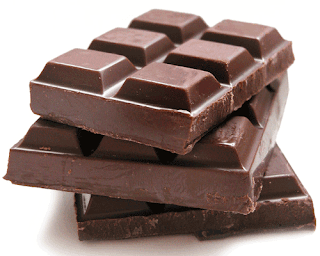Designing any weight training diet may be one of the most important factors in achieving your body building goals. Some bodybuilders declare that a correctly designed diet plan is responsible for up to 80% of their success.
Many people believe that the simplest way to build lean muscles, particularly if you need to lose some weight as well, is to exercise like crazy and reduce calories. They think that having less and exercising much more will force the body to tap into its fat hold. It is not that simple though.
To begin with, counting calories is only part of necessary eating habits. Designing a perfect bodybuilding nourishment plan is not only about how much to consume.It is important to know when to consume, as well as what kind of food raises our metabolic rate, and which decreases it. Many extreme eating plans promise rapid weight loss through reducing calories intake and also decreasing appetite. The truth is, they put your system into starvation mode and decrease you metabolic rate.
Your current basal metabolic rate (BMR) depends on other factors you'll want to take into account. The most critical are your health, sex, age and our body size. Men normally have more muscle tissue and less fat than girls do, but planning the diet plan is equally important. Another important factor in planning your weight training weight loss program is your lifestyle and work problems; a construction worker needs a different weight training diet as compared to someone who spends hours working at a computer.
Some people think that working out on empty stomach may help them lose weight. Naturally, by eating too much before your workout, you may get stomach cramps so apply common sense. On the other hand, in the event you exercise on an empty stomach, your body goes directly to muscle tissue for fuel, instead of excess fat. You will end up fatigued and finally quit exercising completely because it will probably be too hard.
Additionally, our body needs fuel for other crucial functions like breathing, circulating blood, creating heat, growing hair and nails, developing and repairing cells, along with proper functioning of the coronary heart, lungs, nervous system, and other bodily organs.
The best thing you can do is to eat a normal meal before exercising as well as giving yourself enough time between eating and going to the fitness center. The best and the safest solution to create an optimal weight training diet and sticking to it, is to to follow qualified advice and maintain a food journal.
You will find formulas you can use to calculate weight training diet that will be the most effective for your body type, gender plus your level of activity. They make designing the program much easier.
Putting all your increased exposure of exercise and neglecting diet is a big mistake that can prevent you from achieving real results in smaller time. No matter how critical your weight program, the weight instruction diet can make all the difference.

